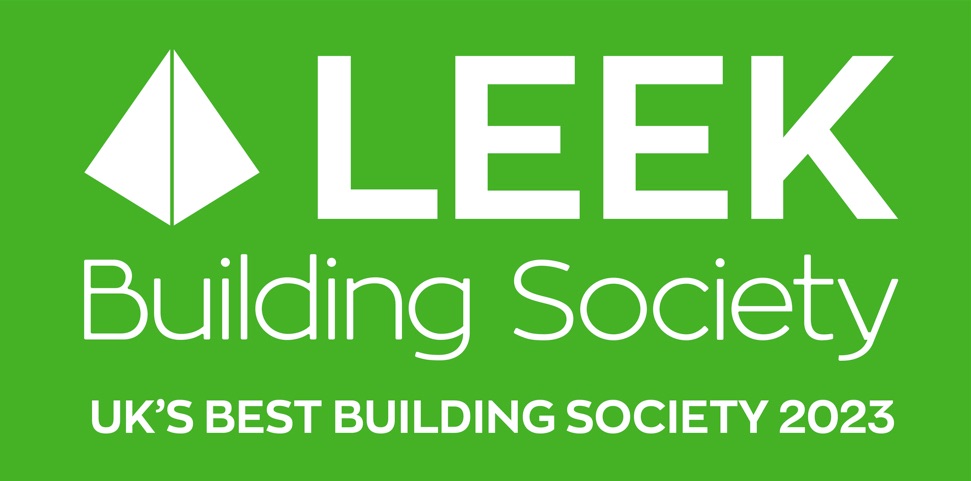The first step is an initial interview with one of our Qualified Mortgage Advisers. They will check your eligibility for a Leek Building Society mortgage.
If you are eligible, our advisers will ask you a series of questions designed to help establish which mortgage best suits your needs and circumstances and recommend the most suitable mortgage for you.
When you are ready to apply for your mortgage, you complete a mortgage application form. When we receive your form, we will carry out credit checks and status enquiries to verify your income, expenditure and property valuation.
If these checks are completed satisfactorily, we will issue you a Binding Mortgage Offer. This is valid for 6 months.
Your solicitor will also receive a copy of the offer, enabling them to progress the necessary legal work surrounding your application.

